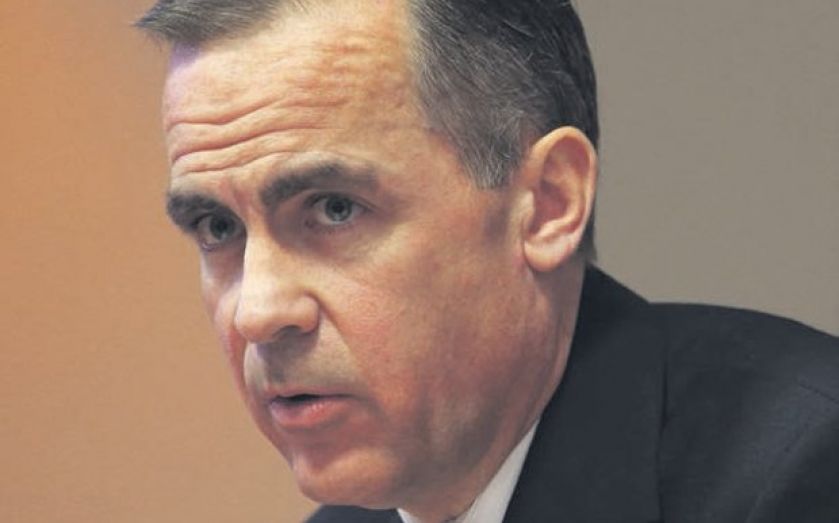Carney says Scottish banks might have to move south

SCOTLAND’S biggest banks may have to be rehomed in England if the country votes for independence, after Bank of England governor Mark Carney said yesterday it was unclear whether they could be run from Scottish head offices.
During a quizzing by the MPs of the Treasury Select Committee, Carney admitted: “It is not clear in the European context that the domicile of the major banks up in Scotland would remain in Scotland given the location of head office like activities in the rest of the UK.”
Many companies have already voiced concerns about the uncertainty of potential Scottish independence, especially around tax and regulatory issues. Recently, it has been suggested that banks like RBS might be forced by European law to have headquarters in England.
The governor also conceded that he is “not in the majority” on some debates that the monetary policy committee (MPC) have undertaken, including on whether the Bank should try to measure the output gap. The estimate would attempt to assess how much slack remained in the economy.
Carney agreed with previous comments by deputy governor Charlie Bean and MPC member David Miles that bank rate may only rise to between two and three per cent once the economy returns to health, a lower level than the long-term average before the financial crisis.
The Bank representatives also confirmed that there are no verbatim transcripts of their policy meetings: recordings are taken and then destroyed, as reported by City A.M. earlier this month. The central bank releases minutes, which provide a summary of the debate.
“There seem to me to be a good number of arguments for keeping such records, among them, to bolster public confidence that the minutes published after MPC hearings are an accurate reflection of what was said,” said Andrew Tyrie, who chairs the Treasury Select Committee.
9 THINGS WE LEARNED
1 RBS could be pushed to have headquarters in England if Scotland becomes independent.
2 Carney believes the new normal for interest rates may be two to three per cent, backing up a speech by deputy governor Charlie Bean on Monday.
3 The Bank destroys recordings of its monetary policy meetings after the minutes are published.
4 The MPC members disagree on whether to publish an output gap estimate, which Carney supports.
5 The Bank still has no plan to unwind quantitive easing until after bank rate rises, and may never fully unwind the scheme.
6 Three quarters of the 700 businesses that Carney has met said that the forward guidance scheme gave them more confidence in the recovery.
7 The Bank’s action on the London property market is limited, with so many cash buyers at the upper end.
8 Carney says the MPC’s decision-making process has become “more complex” with new caveats to forward guidance.
9 Despite the rapid and unexpected fall in unemployment, Carney has no regrets about forward guidance.